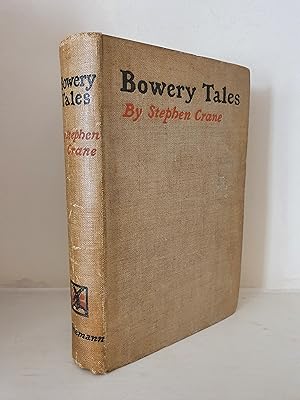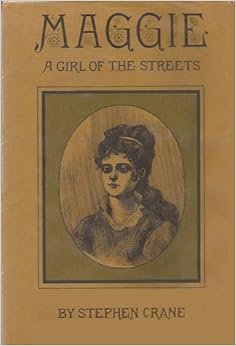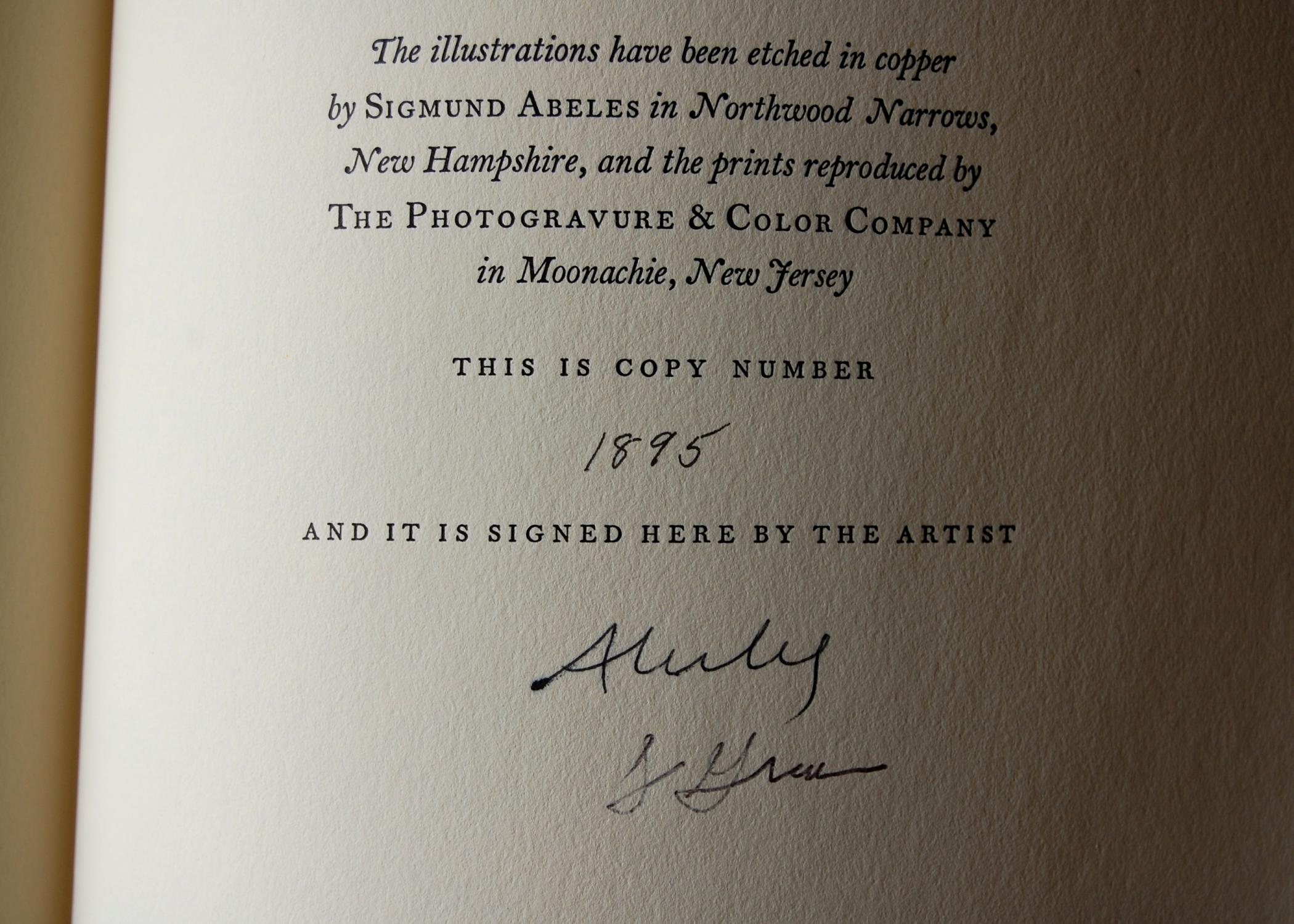


Here again, the irony is based on the contrast between the groan, which isn't gracious at all, and the different keys, which suggests some sophisticated polyphonic chorus.

"The other women began to groan in different keys". Their quarrels are known in the neighbourhood: "Is your father beating your mother or is your mother beating your father?", and both of them frequently smash objects over the flat, or over their children or over each other. Maggie's family are brutal hypocritical alcoholics: both the parents are violent and apparently unable to care about any of the kids. The characters are determined by their surroundings and their heredity. The characters are determined by their surroundings and their heredity, and we should not feel sorry for them because the novel is a scientific experiment. But after all, we could also consider being far more emotional precisely because of the tragedy encompassed by Maggie's inevitable fate. Crane doesn't get to decide whatever goes through her head because it's all determined by the laws of the real society, which he studied because he is a journalist like Zola. Maggie is impossible to weep over because she is determined by the laws of her surrounding, because she is a laboratory rat, and we don't weep over laboratory rats and facts. But would Maggie be Maggie if she was born in a more supportive surrounding? She wouldn't even be named Maggie, which is a typical name of the disadvantaged neighbourhoods of the XIX century. Maggie isn't like a tragic character because she is like us: determined. We don't weep over physics or get angry at some toxic gas so we shouldn't be sorry for Maggie, who is shaped by her environment and, as such, is just a girl of the streets, not an individual, because individuality doesn't really exist since we are all shaped by the same social laws.

The Johnson's neighbours comment the action as the audience does, but instead of cheering Maggie, they loathe her and support Mary, who is nothing like a heroin. Theatre is an illusion, not only because it tells a fictional story, but also because it transforms into a fairy tale a grim reality : Pete, whom Maggie idolizes, is actually a sham, and Maggie will never be able to step out of her environment the way the play's hero does. The crowd cheers their hero but doesn't cheer Maggie.


 0 kommentar(er)
0 kommentar(er)
